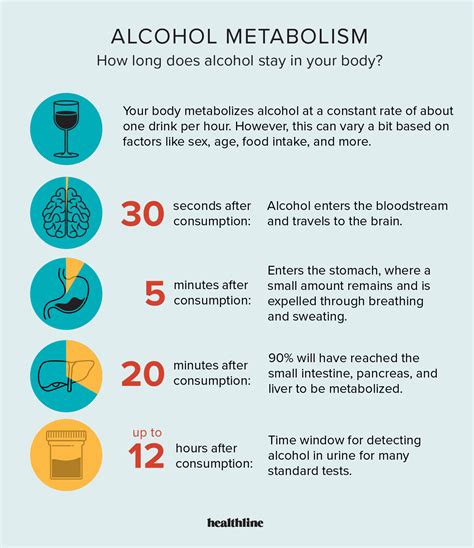How Long Does It Take to Destroy Your Life With Alcohol?
The question of how long it takes alcohol to destroy someone's life is impossible to answer with a definitive timeframe. It's not a race against the clock with a specific finish line. The impact of alcohol on an individual's life is complex and varies greatly depending on several interconnected factors. There's no single answer, but understanding the contributing factors and the progression of alcohol-related problems can help illuminate the potential consequences.
What Factors Determine the Speed of Alcohol's Impact?
Several factors influence how quickly and severely alcohol affects a person's life:
- Genetics: Family history of alcoholism significantly increases the risk of developing alcohol dependence and related problems. Genetic predisposition can influence how quickly someone develops tolerance, experiences withdrawal, and ultimately succumbs to the detrimental effects of alcohol.
- Frequency and Amount of Consumption: Binge drinking (consuming large amounts of alcohol in a short period) is particularly damaging. Regular, heavy drinking accelerates the development of health problems and dependence. Conversely, infrequent and moderate consumption carries far less risk, though moderation is key.
- Individual Metabolism: How the body processes alcohol varies. Some individuals metabolize alcohol more slowly, increasing their risk of experiencing higher blood alcohol concentrations and quicker damage to organs.
- Mental Health: Pre-existing mental health conditions like depression or anxiety can increase vulnerability to alcohol dependence and exacerbate its negative effects. Alcohol can worsen these conditions, creating a dangerous feedback loop.
- Social Support: Strong social support networks can help individuals manage alcohol consumption and seek help when needed. Conversely, lack of support can isolate individuals and accelerate the negative consequences.
- Access to Resources: The availability of treatment and support services significantly impacts recovery outcomes. Early intervention is crucial, but access to help isn't always guaranteed.
The Stages of Alcohol's Impact: A Gradual Descent
The detrimental effects of alcohol are rarely instantaneous. It's more accurate to view it as a gradual process, with consequences escalating over time:
- Early Stages: These might include changes in mood, sleep disturbances, and decreased concentration. Social problems could begin to emerge, impacting relationships with family and friends.
- Moderate Stages: Physical health issues start to become apparent. Liver damage, pancreatitis, and heart problems can develop. Alcohol dependence may emerge, characterized by cravings, withdrawal symptoms, and a loss of control over drinking.
- Severe Stages: This stage involves significant organ damage, possibly leading to cirrhosis of the liver, heart failure, or other life-threatening conditions. Social and professional life often deteriorates significantly, leading to job loss, relationship breakdown, and legal issues. Alcohol-induced dementia and other neurological problems can also develop.
What About "Destroying Your Life"?
The phrase "destroy your life" implies total devastation. While alcohol can undeniably lead to catastrophic consequences, the impact is highly individual. Some people manage to maintain relatively functional lives despite problematic alcohol use for extended periods, while others experience a rapid decline. The key is that alcohol use disorder is a progressive illness; the longer it remains untreated, the more severe its consequences are likely to be.
How Quickly Can Alcohol Dependence Develop?
The timeline for developing alcohol dependence varies significantly, but it can happen surprisingly quickly for some individuals, particularly those with genetic predispositions or pre-existing mental health conditions. For others, it might be a more gradual process spanning years.
What are the Signs You Need Help?
Recognizing the warning signs is crucial for early intervention. If you are concerned about your alcohol consumption or someone you know, seek help. Signs might include:
- Loss of control over drinking: Inability to stop drinking once started, despite the desire to do so.
- Withdrawal symptoms: Experiencing physical or psychological symptoms (anxiety, tremors, sweating, etc.) when reducing or stopping alcohol consumption.
- Tolerance: Needing more alcohol to achieve the same effect.
- Neglecting responsibilities: Prioritizing drinking over work, family, or other important aspects of life.
- Continued drinking despite negative consequences: Ignoring the harm alcohol is causing to health, relationships, or finances.
Seeking help is a sign of strength, not weakness. Numerous resources are available, including support groups (like Alcoholics Anonymous), therapists, and medical professionals specializing in addiction treatment. Don't hesitate to reach out. Your life is worth saving.

